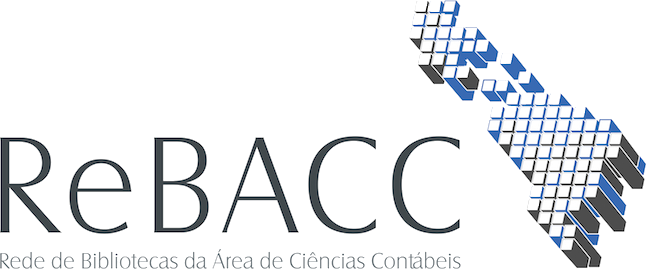Use este identificador para citar ou linkar para este item:
http://rebacc.crcrj.org.br/handle/123456789/6532| Título: | Inhibitors Mechanisms of Group and Individuals Dishonesty Mecanismos Inibidores da Desonestidade Individual e em Grupo |
| Palavras-chave: | Dishonesty; Experiment; Control Mechanisms; Groups; Behavioral Finance. Desonestidade; Experimentos; Mecanismos de Controle; Grupos; Finanças Comportamentais. |
| Editora / Evento / Instituição: | Journal of Accounting, Management and Governance Revista Contabilidade, Gestão e Governança |
| Descrição: | Objective: the purpose of this study is to present how the insertion of control mechanisms, such as auditing and professional ethical standards, would influence the dishonest behavior of individuals in particular, and within a group.Method: an experiment was performed with 204 participants in whom they would watch a die-rolling game and report the number shown by the dice. Nevertheless, the payment was tied to the number they reported and not to the number seen, thus making them dishonest.Originality/Relevance: it is the first study in Brazil that seeks to verify components of collective dishonesty: previous works only analyzed individual dishonesty. In addition, both nationally and internationally, it is the first research in which mechanisms that are capable of inhibiting collective dishonesty are analyzed.Results: it was possible to verify that the audit and the reading of some articles of the Professional Code of Ethics of the Accountant made the participants less dishonest: when the individuals were not subject to any control mechanism, 27% of the participants were dishonest; On the other hand, when they were subject to an audit process or after reading the PCEA articles, the percentage of dishonest ones was 9%.Theoretical/Methodological Constraints: in the experiment it was possible to corroborate the hypothesis of the research: the control mechanisms presented (audit and reading articles in the PCEA) resulted in more honest decisions.Social/Management Contributions: this work puts into question the research on dishonesty, not only its ethical and moral aspects, but also its financial impacts. Objetivo: O objetivo deste estudo é apresentar como a inserção de mecanismos de controle, como normas de auditoria e ética profissional, influenciaria o comportamento desonesto de indivíduos em particular, e em grupo.Método: um experimento foi realizado com 204 participantes, no qual eles assistiam a um jogo rolante e relatavam o número mostrado pelos dados. No entanto, o pagamento foi vinculado ao número que eles relataram e não ao número visto, tornando-os desonestos.Originalidade/Relevância: é o primeiro estudo no Brasil que busca verificar componentes de desonestidade grupal: trabalhos anteriores apenas analisaram a desonestidade individual. Além disso, tanto nacional como internacionalmente, é a primeira pesquisa em que os mecanismos capazes de inibir a desonestidade coletiva são analisados.Resultados: foi possível verificar que a auditoria e a leitura de alguns dos Códigos de Ética Profissional do Contador tornaram os participantes menos desonestos: quando os indivíduos não estavam sujeitos a nenhum mecanismo de controle, 27% dos participantes eram desonestos; Já quando eles estariam sujeitos a um processo de auditoria ou depois de ler os artigos da PCEA, o percentual de desonestidade era de 9%.Restrições teórico-metodológicas: no experimento foi possível corroborar a hipótese da pesquisa: os mecanismos de controle apresentados (auditoria e leitura de artigos no PCEA) fizeram com que eles tomassem decisões mais honestas.Contribuições Sociais/Gerenciais: este trabalho questiona a pesquisa sobre desonestidade, não apenas seus aspectos éticos e morais, mas também seus impactos financeiros. |
| URI: | http://rebacc.crcrj.org.br/handle/123456789/6532 |
| Outros identificadores: | https://www.revistacgg.org/contabil/article/view/1976 10.21714/1984-3925_2019v22n2a4 |
| Aparece nas coleções: | Contabilidade, Gestão e Governança - UNB |
Arquivos associados a este item:
Não existem arquivos associados a este item.
Os itens no repositório estão protegidos por copyright, com todos os direitos reservados, salvo quando é indicado o contrário.

